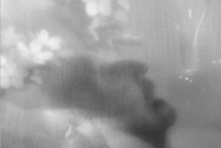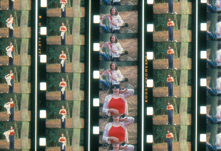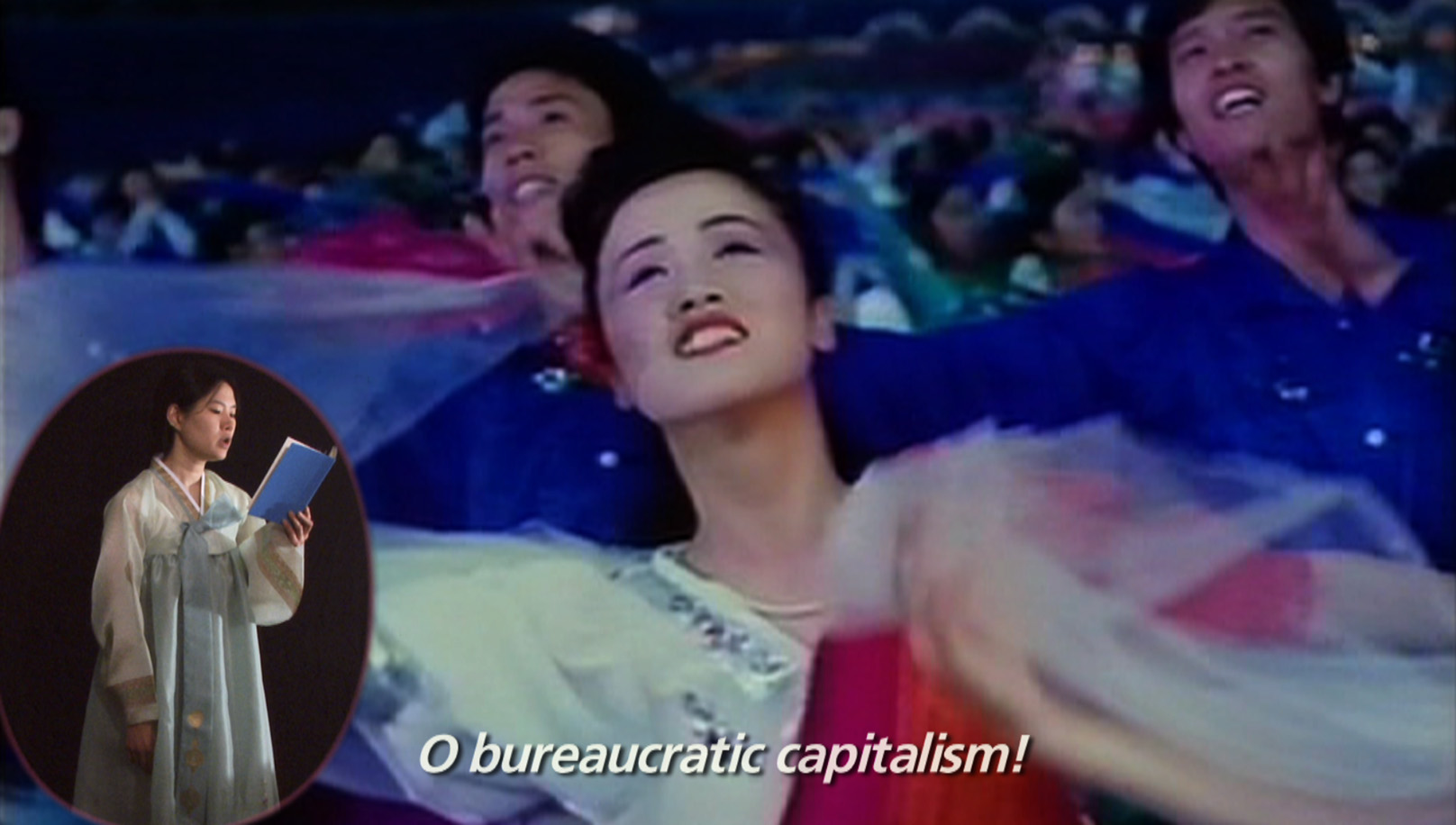|

|
Guests: Cine TRANS EUROPE
23 - 27 of June
Cine TRANS EUROPE brings together five European short-film festivals, displaying their selections in Barcelona, Cork, Amsterdam, and Paris. This collaboration offers the unique chance of a remedy for the poor recognition of the one of a kind short-film experience, standing apart from mainstream cinema and, at the same time, re-inventing an original, complex and non-redundant cinematographic language, inspired by the modern realities the films demonstrate.
Cine Trans Europe's program (four short-film sections) opened in Osnabrück in April 2009, and will be displayed in Paris during the "Festival International Signes de Nuit, during which there will be presented, in four sections, the short-films of our partners of the Barcelona, Amsterdam, Cork and Osnabrück festivals.
|
Selection of the festival "Cork Film Festival", Irland
Saturday 27 June - 18h30
Institut cultuel Irlandais
|
Cabinet |
|

|
Todd Herman
US
2007 * 16mins
Somewhere between mourning and nurturing, Todd Herman's film
Cabinet maps an iconography of absence and what remains in memory and
imagination.
|
|
Fall |
|

|
Patrick Jolley
Irland
2008 * 11 mins
Tedium breeds its own reverie.
Repetitions erode sense of place and make buildings seem less substantial. The
logic of these displacements causes things to come adrift and cause events of
small destruction.
|
|
Playing
Up |
|

|
Ian Helliwell
England
2007 * 3mins
Naturally decayed found super-8
footage of children’s and adults games, has been cut up and spliced back together
to reveal new rhythms and connections.
|
|
The
Juche Idea |
|
 |
Jim Finn
US
2008 * 62mins
In the late 1960’s Kim Jong 11
guaranteed his succession as the Dear Leader of North Korea by adapting his
father’s Juche (pronounced choo-CHAY) philosophy to propaganda, film and art.
Translated as ‘self-reliance’, Juche is a hybrid of Confucian and authoritarian
Stalinist pseudo-socialism. The film is
about a South Korean video artist who comes to a North Korean art residency to
help bring Juche cinema into the 21st century. Inspired by the
real-life story of the South Korean director kidnapped in the 70s to invigorate
the North Korean film industry. The story is told through the films she made at
the residency as well as the interviews with a Bulgarian filmmaker, and even a
brief science fiction movie.
|
|





